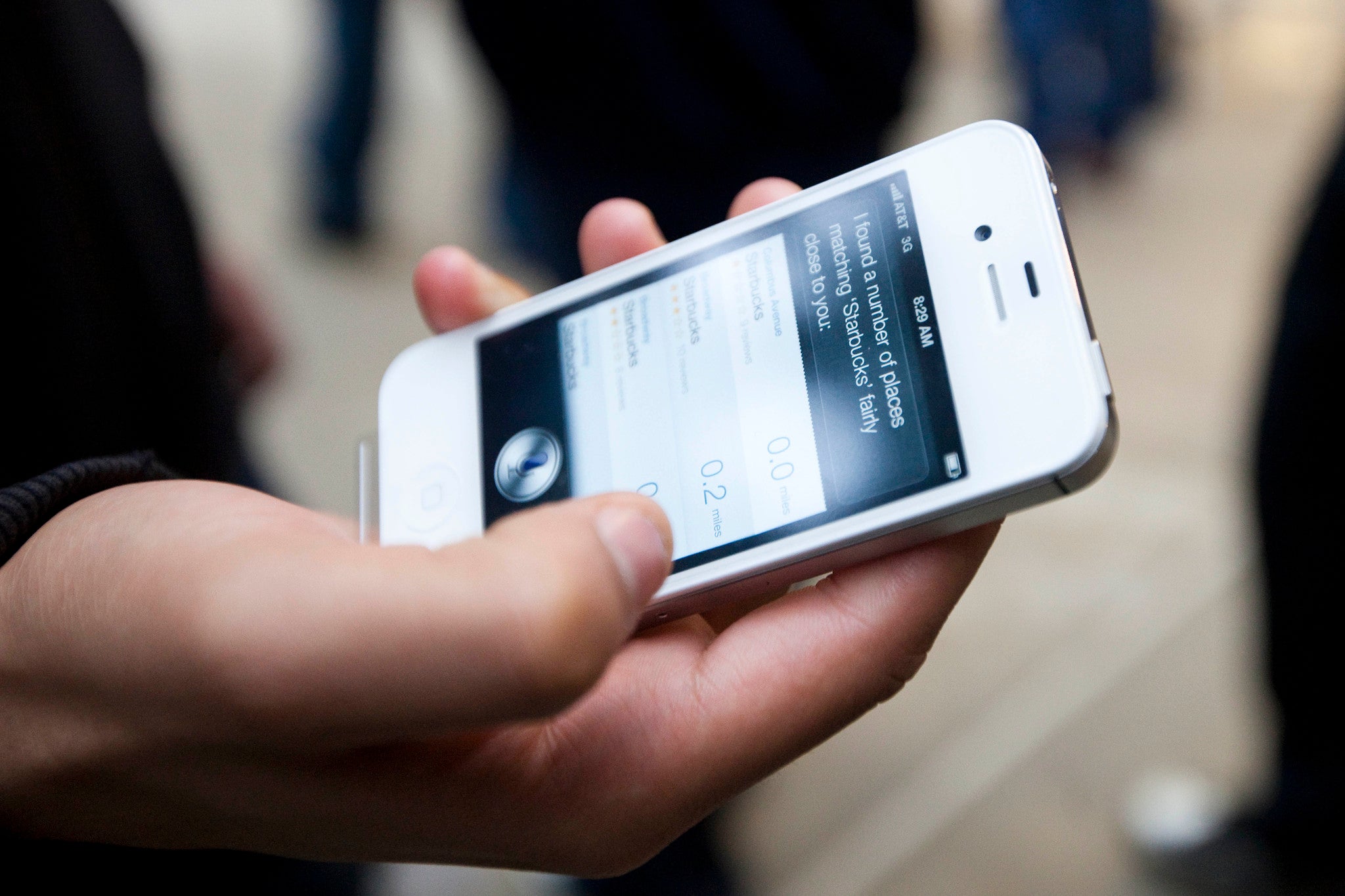Apple gives unexpected boost to iPhone privacy with randomized MAC addresses for iOS 8
Numerical tags used to identify mobiles on Wi-Fi networks will be randomized in the next update to Apple's mobile operating system

A small, unpublicised change to Apple’s mobile operating system has been praised by developers and privacy advocates for making it more difficult to track iPhones.
First spotted by a security researcher named Frederic Jacobs, the iOS 8 tweak randomizes MAC addresses – the codes used to identify mobile devices on Wi-Fi networks – making it difficult to create a profile of a phone’s owner.
Whether or not they connect to a network, smartphones that have their Wi-Fi turned on openly broadcast their MAC address, along with the phone’s location and other crumbs of identifying information such as the device’s manufacturer.
Some marketers have started using this information to track consumers, monitoring anything from footfall outside a coffee shop to customers’ movements inside a shop (“linger time”).
Although MAC addresses are not tied to phone numbers or names, researchers have found that even a few days’ worth of ‘anonymous’ tracking can be used to build up a portrait of an individual.
One marketing company that tracked MAC addresses using London’s Wi-Fi enabled smart bins reported logging “4,009,676 devices […] with over 530,000 uniques” in a single week.
By randomizing MAC addresses, Apple is making it more difficult for advertiser (and intelligence agencies) to connect personal information within the movements of any given mobile device.
The decision is one of several privacy-focused moves Apple announced at WWDC, with the company also introduce anonymous search-engine DuckDuckGo to its default options and allow users to restrict apps’ access to location data when the software is not in use.
Join our commenting forum
Join thought-provoking conversations, follow other Independent readers and see their replies
0Comments